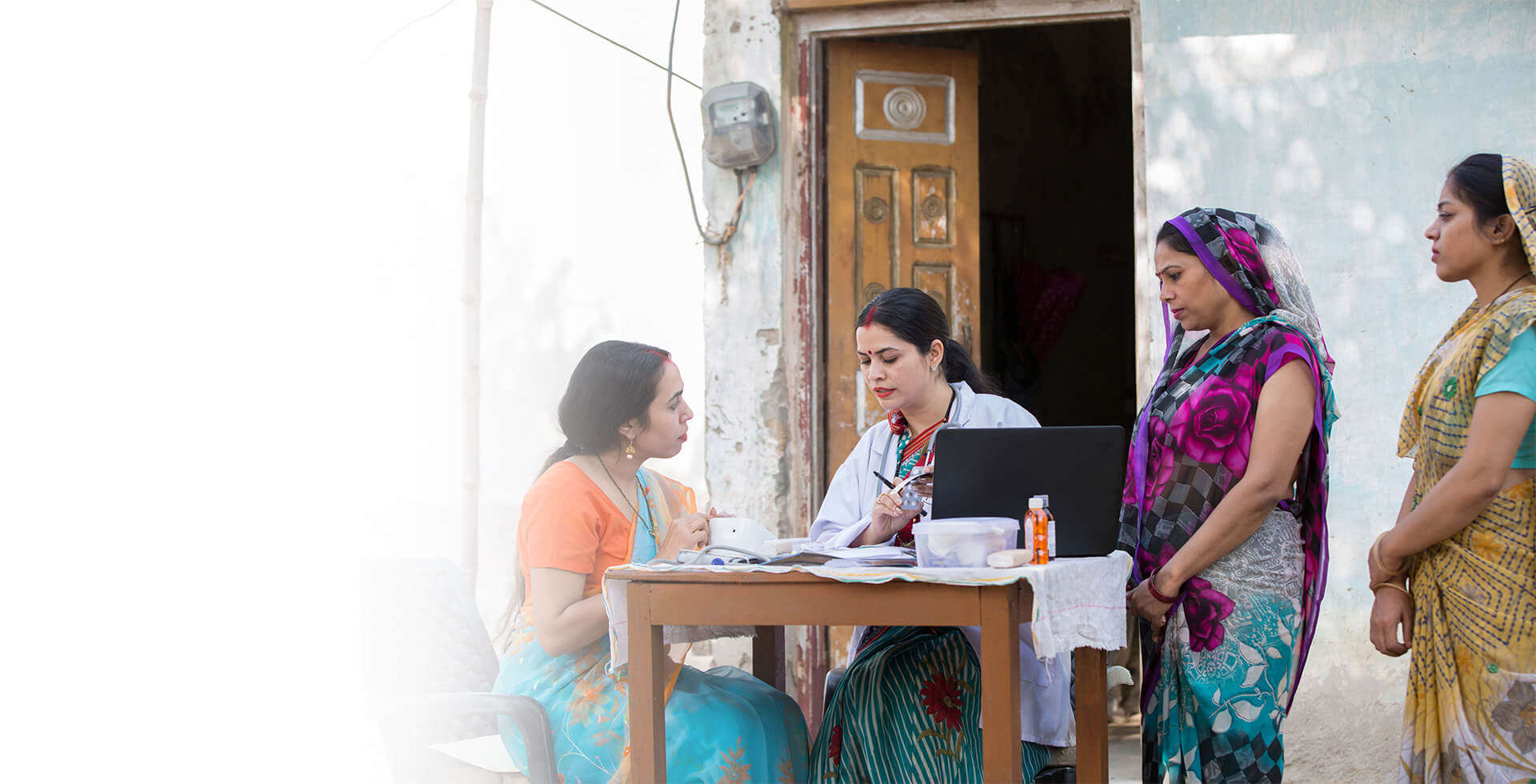Dabur’s Biodiversity Protection and No Deforestation Policy
1. Preamble, Scope and Applicability
Dabur recognizes that conserving biodiversity is in the long-term interest of our businesses and society at large, with our mission to deliver nature-based healthcare solutions to every household. Conservation of biological diversity and sustainable use of its components are of paramount importance for our organization. This policy is intended to demonstrate our consideration of Biodiversity protection/conservation as an integral part of our business which is aligned with the major goals of the Convention on Biological Diversity. (CBD 1992).
This policy applies to all existing and upcoming units of manufacturing and related business operations. Its applicability shall be extended selectively and progressively, to the Suppliers and value chain partners.
The corporate Operations team has been assigned with the responsibility of implementing this policy to three subgroups viz. (1 ) Environmental, Health and Safety Management Group (2) Bio-resources Development Group and (3) Corporate Procurement team which are collectively recognised as process stakeholders.
This policy further includes the Company's commitment to dodge any deforestation activity.
This policy is approved by Dabur's board of directors after a thorough review by BOD regularly through the ESG Committee led by the CEO & Global Head of Operations also acts as Chief Sustainability Officer and ensures the creation of the policies.
2. Policy Statement:
Our bio-diversity policy framework encompasses the following aspects:
-
Committed to achieve No Net Loss to biodiversity and ensure legal compliance with Biodiversity Act 2002 and applicable biodiversity-related laws and regulations.
-
Committed to ensure No Gross Deforestation in the supply chain and in our own business operations.
-
We are committed to applying the mitigation hierarchy to avoid and minimize any negative impacts, restore and safeguard impacted areas, and address the drivers of biodiversity loss and deforestation.
Mitigation strategy
-
Dabur will focus on the Science Based Target Network's technical methodologies-SBTi (minimize, regenerate, restore and transform the ecosystem base) to manage potential biodiversity risks related to its operational units.
Avoidance
-
Dabur is committed to avoidance measures to implement eco-friendly afforestation approaches through our internal programs like the TOFI project (World Agroforestry program), and by involving various stockholders which requires biodiversity conservation with full and effective participation with local communities.
-
For this we are also conducting various training, awareness and capacity-building programs for farmers and local communities on resource augmentation, conservation, and sustainable harvesting practices. Our approaches also include avoiding deforestation in the operational sites to meet its commitment to achieving no deforestation.
-
We are committed not to disturb or indulge in any operational activity which is detrimental to the sensitive biodiversity areas classified by IUCN-Iisted areas like-UNESCO World Heritage Sites; Wetlands listed in the Ramsar list of sites; UNESCO Man and the Biosphere (MAB) reserves; Key Biodiversity Areas; and Alliance for Zero Extinction (AZE) sites IUCN Category I-IV protected areas.
-
Committed to preventing and mitigating the risk of deforestation due to the use of forest-risk commodities like packaging materials, palm olein etc. Towards this goal, the company shall procure its commodities from certified channels such as FSC, RSPO-certified sources and non-timber forest produce through traceability and cultivated sources.
3. Regeneration and Restoration
-
Dabur is proactively involved in regenerating/restoring areas. Dabur's afforestation program has inbuilt native species and approaches that will protect local flora and fauna ensuring conservation of Biodiversity.
-
Impact measures will be developed in line with international best practices such as the Principles on Biodiversity Offsets developed by the Business and Biodiversity Offset Program (BBOP). We are also the founding members of the India Business and Biodiversity Initiative (IBBI-CII) to promote such activity.
-
Conduct periodic risk assessments of all raw materials including non-timber forest produce plant species/ packaging material sources and take appropriate sustainable sourcing procedures/ mitigation actions as defined in sustainable sourcing policy.
-
Dabur is committed to developing a traceability system by including experts in its procurement in phase-wise manner to streamline the sustainable use of natural resources.
-
Identified risk regarding the sourcing of critically endangered herbs and already started working for its conservation and restoration through cultivation and sustainable management. We are committed to sourcing the whole requirement of our critically endangered herbs through sustainable contract farming or equivalent augmentation of these species through continuous plantation for sustainable supplies.
-
Work proactively on the conservation and restoration of rare, endangered and threatened species through our Biodiversity Management Plans to enhance their population in natural habitats with the help of relevant stakeholders and local communities including other socio-economically as well as culturally valuable species is maintained, and strategy has been developed and implemented to minimise genetic erosion and safeguard genetic diversity.
-
We are committed to engaging with external stakeholders and the entire supply chain for the effective implementation of the no-deforestation commitment & no net loss to biodiversity.
-
Deployment of competent manpower (Bio-resources development team) to handle complexities of Biodiversity and involve them in strategic business decisions.
-
Commit capital for internal research capabilities in the arena of bio-resources development.
| Recommended and approved by: | |||
| Approving Authority | Version | Date of Approval | Effective Date |
| ESG Committee | 2.0 | 30.07.2024 | 30.07.2024 |









 View PDF
View PDF